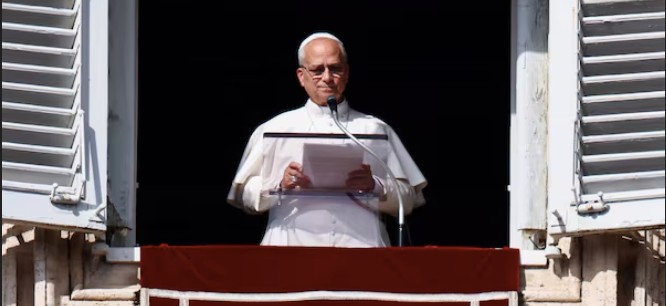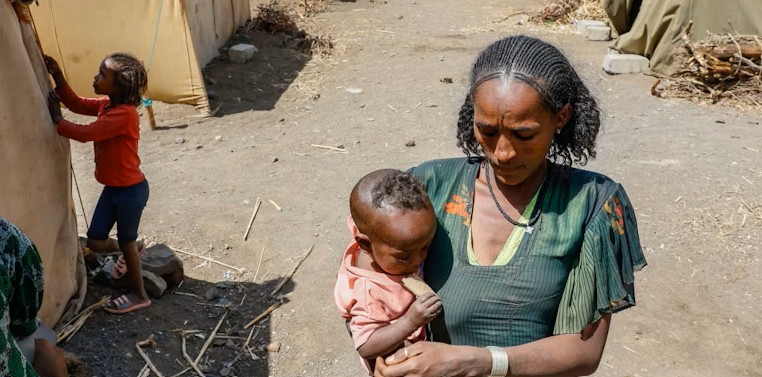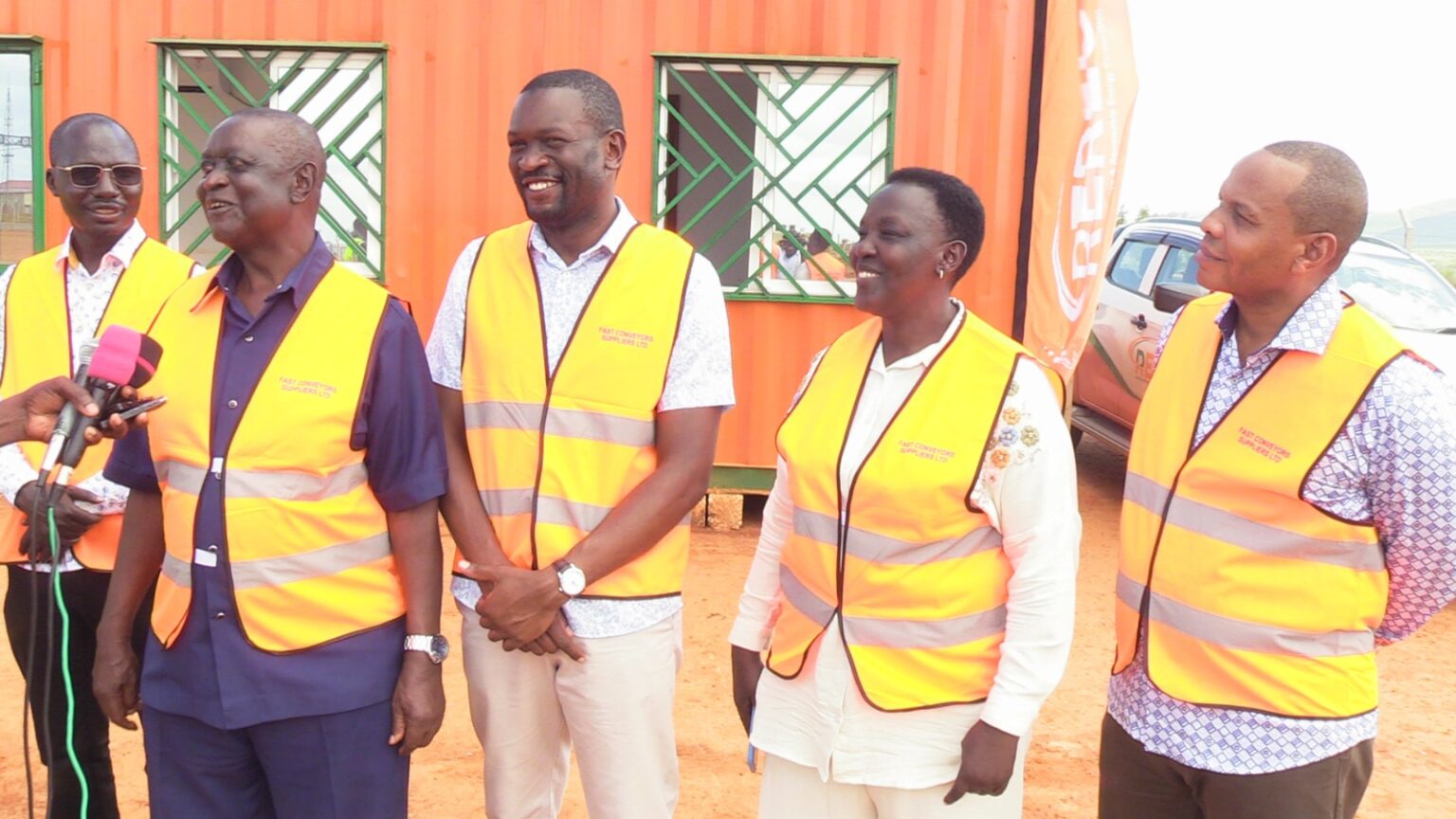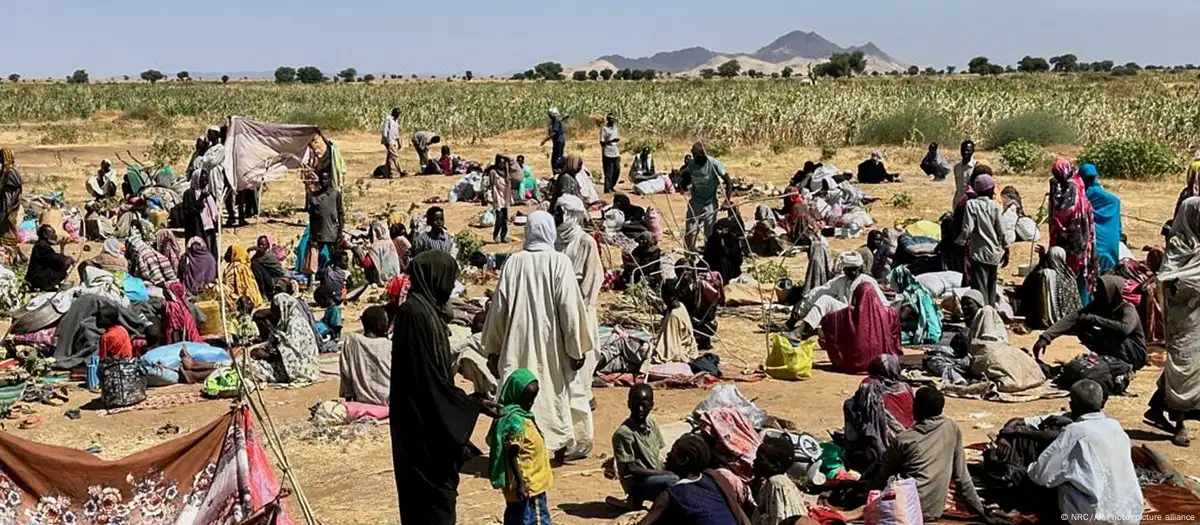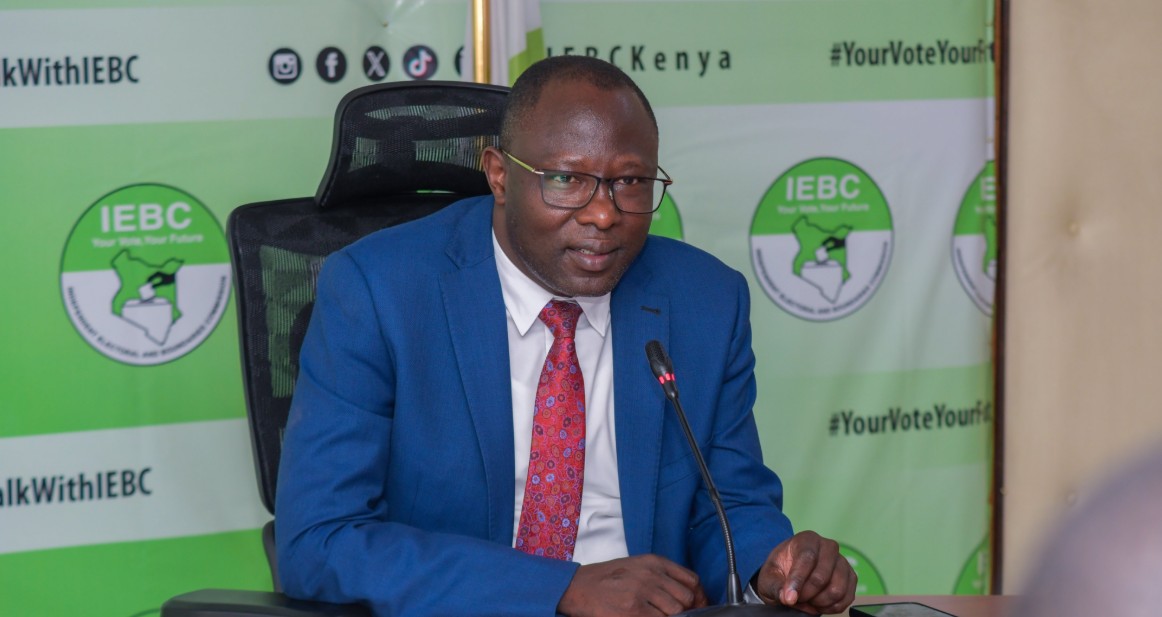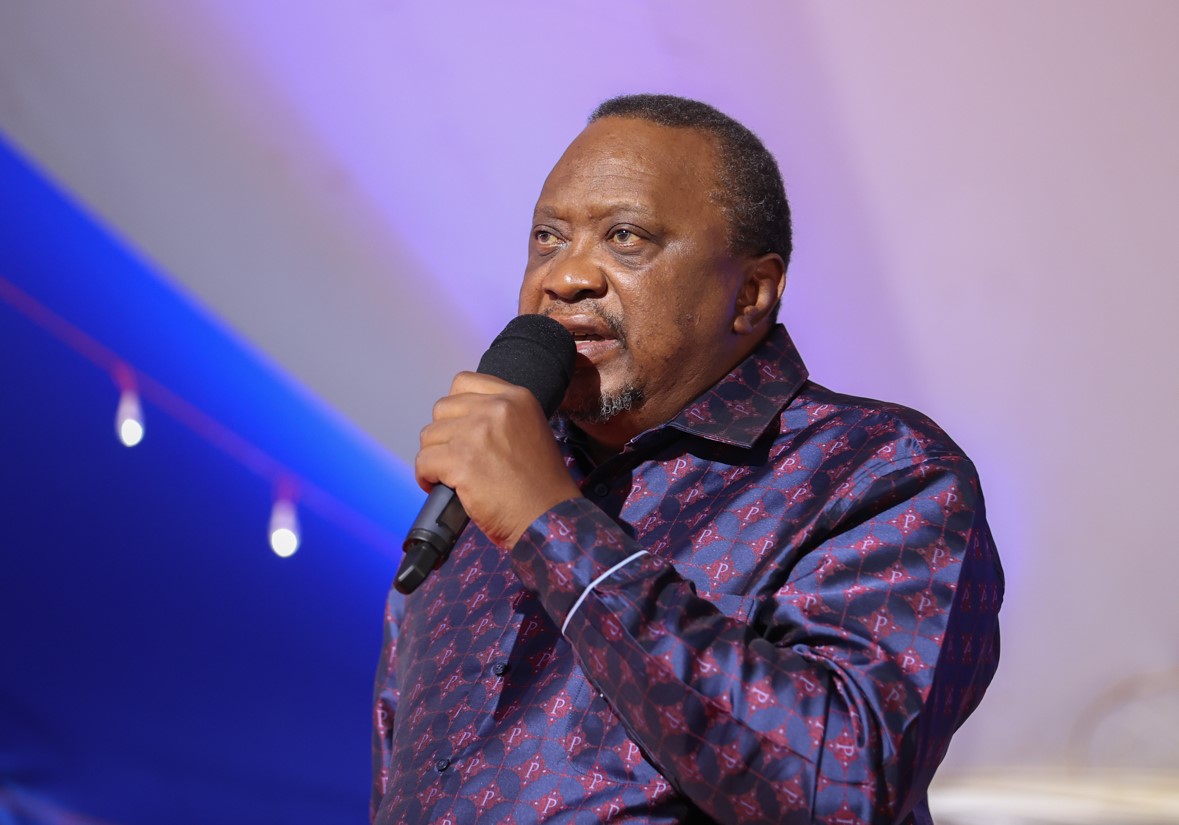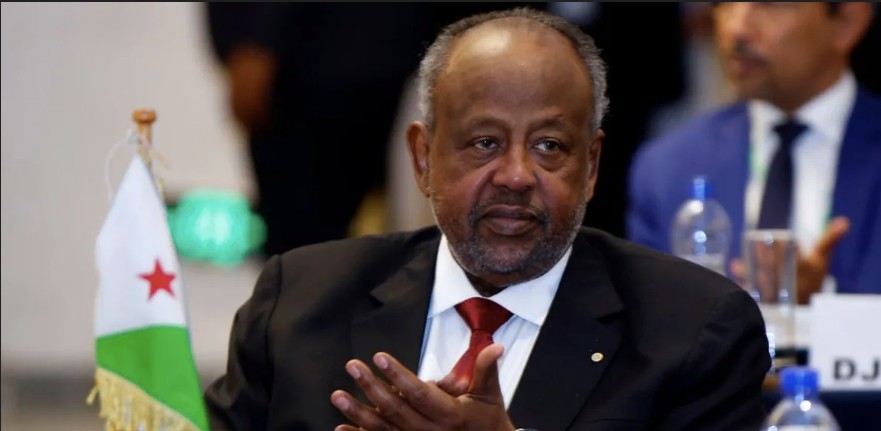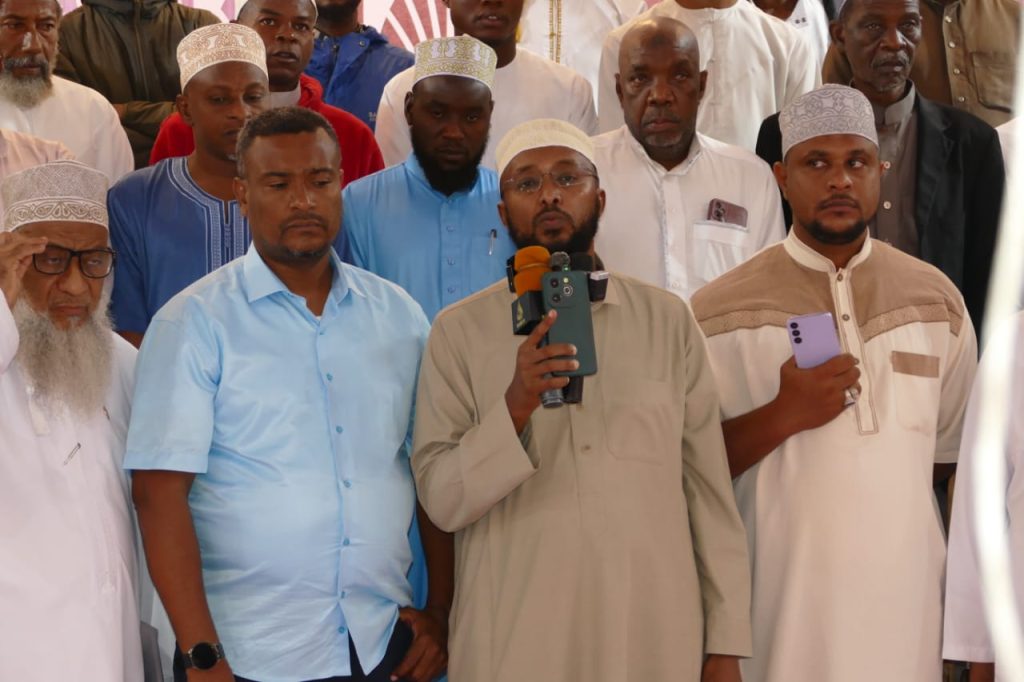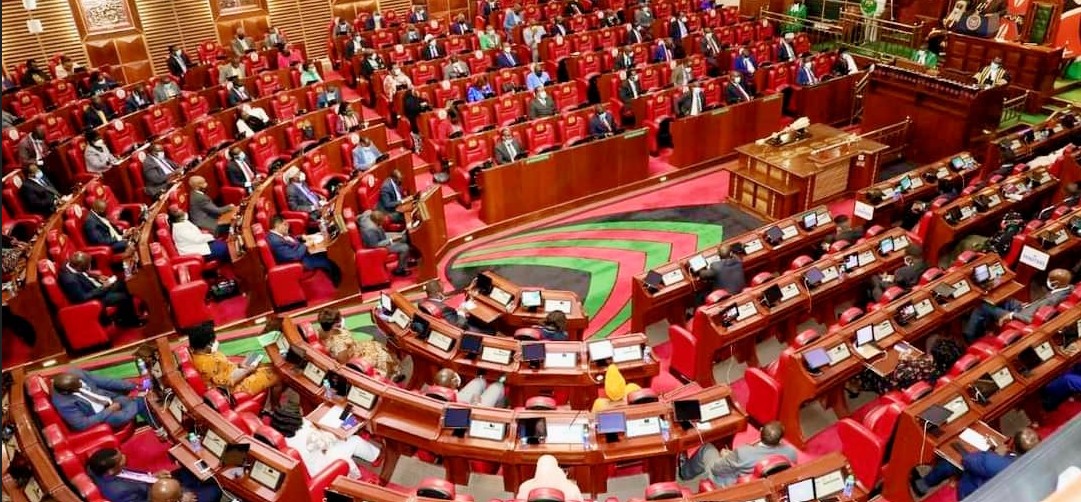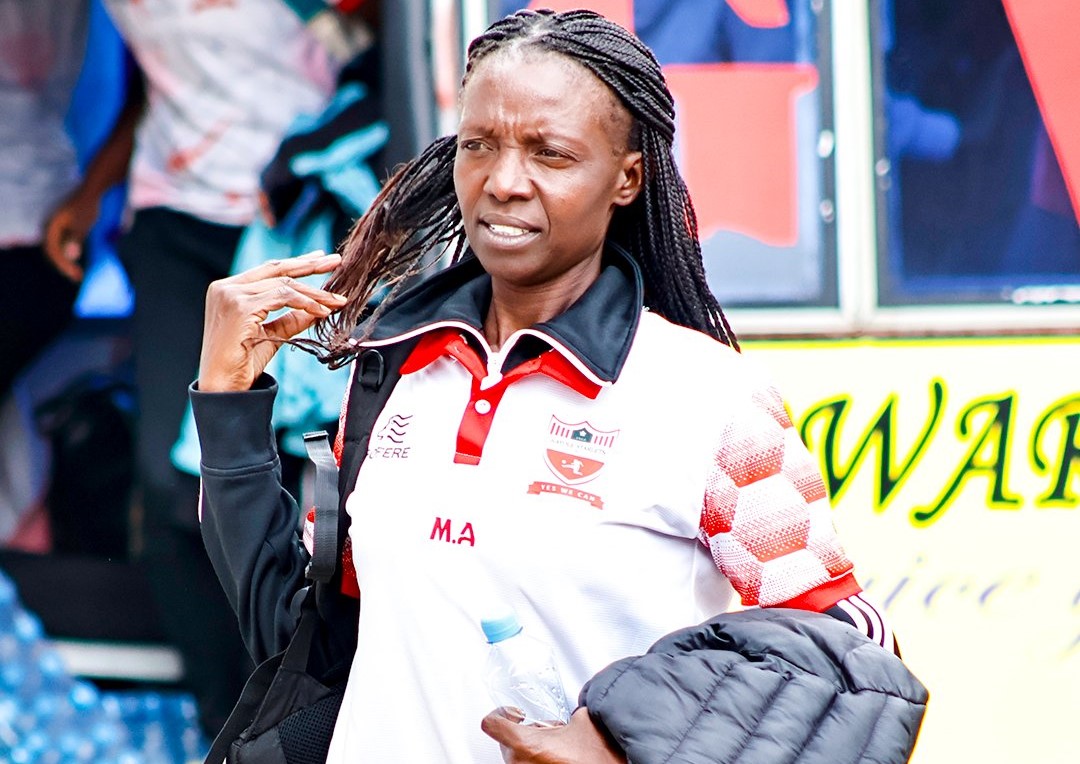Explainer: Why Tanzanians cannot challenge presidential election results in court despite allegations of irregularities
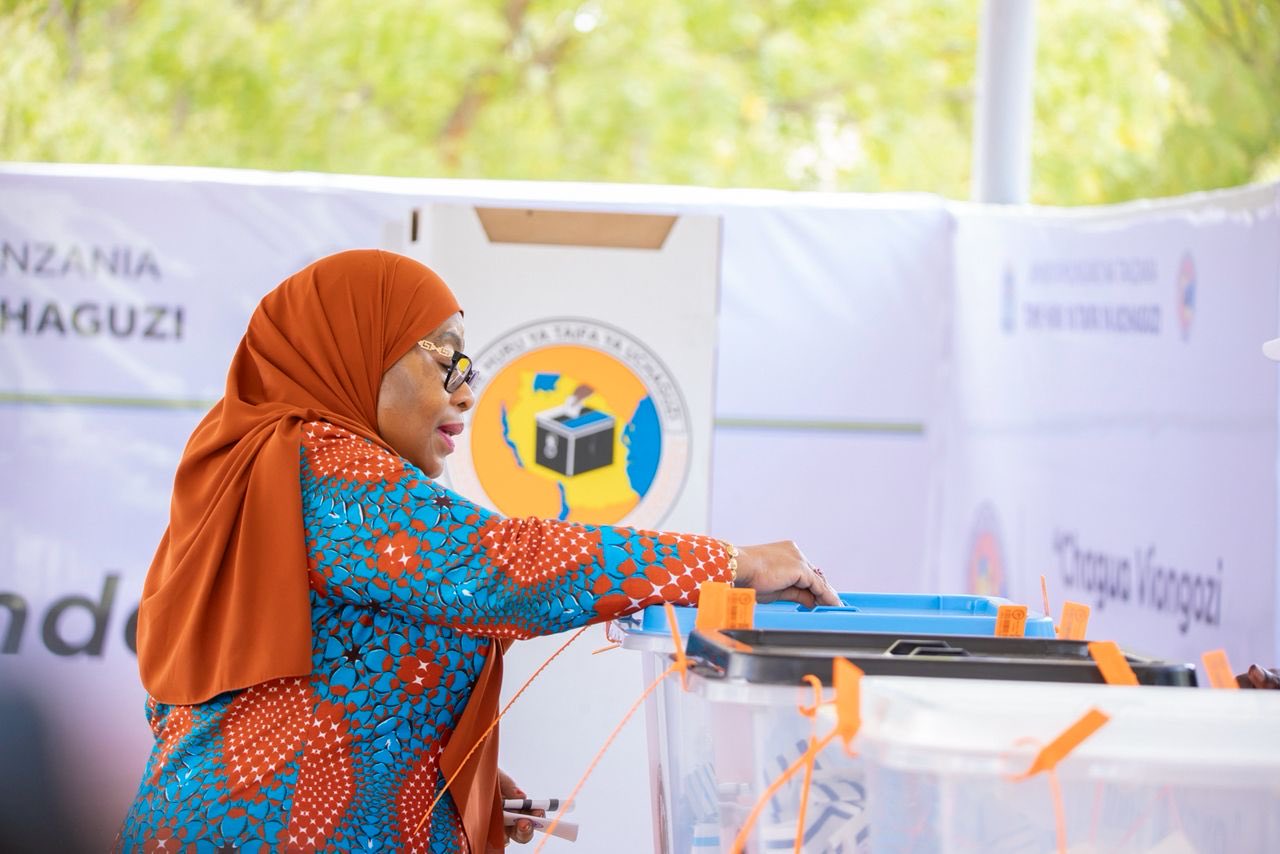
Article 41(7) of the Constitution states that once a candidate is declared the winner by the Electoral Commission, “no court of law shall have any jurisdiction to inquire into the election of that candidate.”
Despite widespread protests over alleged electoral irregularities, voter intimidation and reports of hundreds of deaths, Tanzanians have no legal avenue to challenge the presidential election, leaving citizens with no judicial recourse.
The declaration of Samia Suluhu Hassan as winner with an overwhelming 97.66 per cent of the presidential vote has reignited debates over Tanzania’s laws, particularly Article 41(7) of the 1977 Constitution, which grants the Independent National Electoral Commission (INEC) final authority and bars courts from reviewing presidential outcomes.
More To Read
- CHADEMA denounces ‘illegitimate’ Tanzania election results, urges world not to recognise Samia
- AU, Federal Republic of East Africa call for calm amid post-election unrest in Tanzania
- SADC calls for calm as Tanzania faces deadly post-election violence
- President Samia Suluhu Hassan receives winner’s certificate as CCM extends grip on power
- ANC cites communication glitch in Tanzania poll absence, stresses solidarity
- Musalia Mudavadi warns Kenyan youth against crossing border for protests
Street protests erupted as Tanzania went to the polls on October 29, 2025, under a Constitution that has remained largely unchanged since 1977. Built on a single-party system dating back to independence in 1961, Tanzania’s legal framework has retained many structures that concentrate power in the presidency and the ruling Chama Cha Mapinduzi (CCM) party.
Unlike Kenya or Malawi, where courts can annul flawed elections, Tanzania’s Article 41(7) explicitly prohibits judicial scrutiny once the Electoral Commission declares a presidential winner.
Article 41(7) states that once a candidate is declared the winner by the Electoral Commission, “no court of law shall have any jurisdiction to inquire into the election of that candidate.”
While this rule is intended to maintain stability and prevent prolonged legal disputes, critics argue it effectively denies citizens and political actors a mechanism to contest electoral fraud, leaving debates over Tanzania’s democratic framework unresolved.
Article 4 of the Constitution also states that, “The organs vested with executive powers shall be the Government of the United Republic and the Revolutionary Government of Zanzibar; the organs vested with judicial powers shall be the Judiciary of the United Republic and the Judiciary of the Revolutionary Government of Zanzibar; and the organs vested with legislative and supervisory powers over public affairs shall be the Parliament of the United Republic and the House of Representatives.”
This framework vests sweeping authority in the executive, including control over the electoral process.
In practice, the President has the power to appoint and dismiss the chairperson, vice chairperson and commissioners of INEC. Critics argue that this undermines the commission’s independence and allows it to make decisions favourable to CCM, such as disqualifying opposition candidates on minor or technical grounds.
Opposition figures Tundu Lissu of Chadema and Luhaga Mpina of ACT-Wazalendo were both disqualified, leaving Samia with minimal competition in the 2025 polls.
Tanzania transitioned to a multiparty system on July 1, 1992, following recommendations from the Presidential Commission on the Single-Party or Multiparty System. The Constitution (Eighth) (Amendment) Act, 1992, allowed multiple political parties to register and participate in elections. However, the reforms left CCM with broad powers over governance, effectively maintaining a “controlled multiparty” system.
Today, Tanzania still relies on provincial administration structures inherited from colonial rule, with District Commissioners acting as Returning Officers, further entrenching state influence over elections.
The electoral environment has been tightly controlled. Laws and regulations ahead of the election restricted opposition activity, curtailed media coverage and limited digital communications. International media were largely barred, while social media platforms including X (formerly Twitter), WhatsApp, Facebook and TikTok faced access restrictions during the election period.
The measures have narrowed avenues for political dissent and information sharing, further constraining potential challenges to the vote.
Tanzania’s constitutional arrangement contrasts sharply with Kenya, where the 2010 Constitution allows Supreme Court challenges of presidential election results. Attempts by the African Court on Human and Peoples’ Rights in 2020 to encourage reform of Article 41 have not been implemented, leaving citizens without judicial recourse.
While the law prioritises political stability and continuity, critics say it sacrifices accountability and transparency, forcing opposition and voters to seek remedies through protests or international advocacy.
The 2025 election, in which Samia secured 97.66 per cent of votes, was accompanied by violent protests, curfews, internet blackouts and military deployment. Reports estimate over 700 people lost their lives in clashes with security forces.
Opposition and civil society argue that these events highlight the need for electoral reform and judicial oversight.
Top Stories Today
